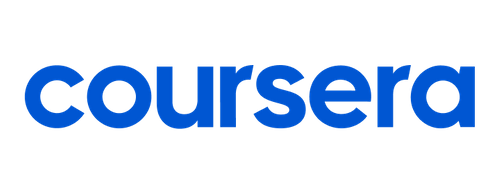Course Features
Duration
9 hours
Delivery Method
Online
Available on
Limited Access
Accessibility
Mobile, Desktop, Laptop
Language
English
Subtitles
English
Level
Intermediate
Teaching Type
Self Paced
Video Content
9 hours
Course Description
Course Overview
Hands-On Training,Instructor-Moderated Discussions
Case Studies, Captstone Projects
Skills You Will Gain
What You Will Learn
Building ARIMA models in Python to make demand predictions
Developing the framework for more advanced neural netowrks (such as LSTMs) by understanding autocorrelation and autoregressive models
Course Instructors
Rajvir Dua is a teaching and research assistant who has been active in the data science and consulting startup space. His interest in supply chain derives from his love of economic problems relating to game theory and optimization.
Neel Tiruviluamala is a math professor who has been consulting in the machine learning space for over ten years. He enjoys working on problems related to the supply chain because the data sets involv...
